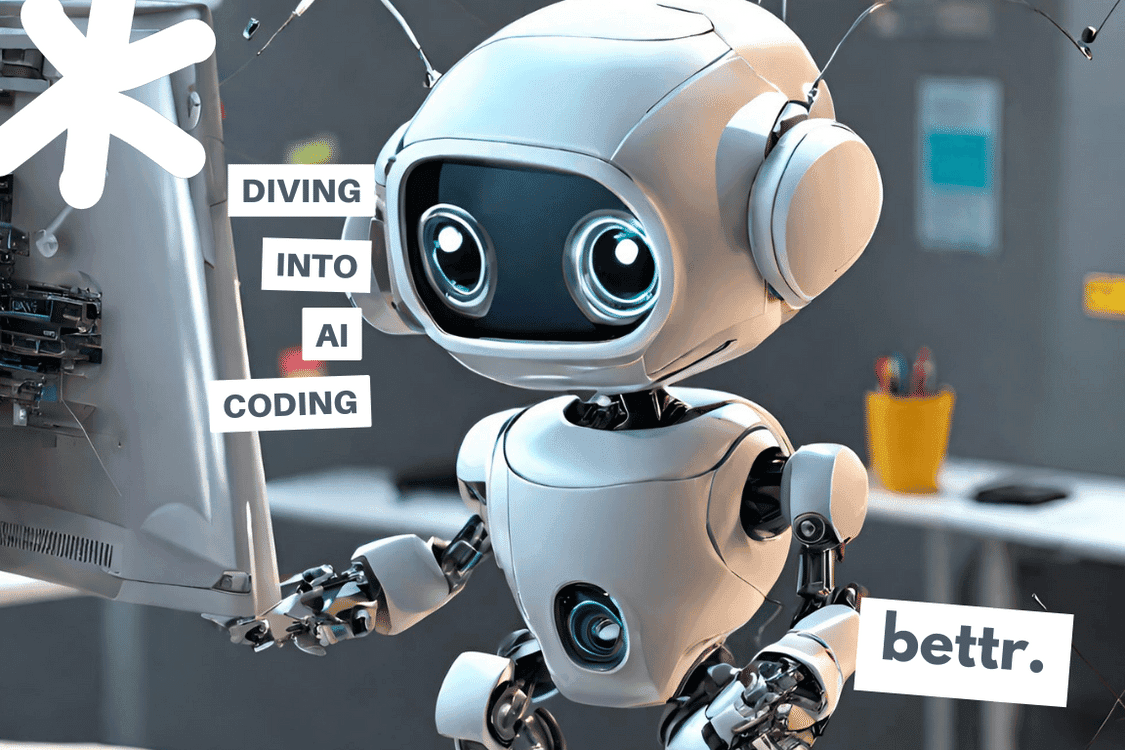Diving into AI Coding: Where to Start Your Journey
Diving into AI Coding: Where to Start Your Journey
Mar 15, 2022
Diving into AI Coding: Where to Start Your Journey
The world of AI coding can seem daunting, but with the right steps and dedication, you can unlock its potential. Here's a roadmap to get you started:
Skills and Prerequisites:
Programming Fundamentals: A solid foundation in a language like Python (widely used in AI) is crucial. Learn data structures, algorithms, and basic coding practices.
Mathematics: Linear algebra, calculus, and statistics are crucial for understanding underlying AI concepts. Familiarity with probability and distribution theory is also beneficial.
Problem-Solving and Analytical Thinking: Strong analytical skills are key to translating problems into AI solutions and interpreting results.
Technology Stack:
Python Libraries: Explore libraries like NumPy, pandas, scikit-learn, TensorFlow, and PyTorch. These provide tools for data manipulation, machine learning algorithms, and deep learning models.
Cloud Platforms: Platforms like Google Colab, Kaggle, and Amazon SageMaker offer free resources for learning and experimenting with AI models.
Open-Source Frameworks: Popular frameworks like TensorFlow and PyTorch provide pre-built models and tools for rapid AI development.
Example Starter Project:
Topic: Build a Simple Image Classifier
Goal: Train a model to distinguish between cats and dogs in images.
Steps:
Gather Data: Download a dataset of cat and dog images (e.g., from Kaggle).
Preprocess Data: Resize images, convert them to numerical format, and split them into training and testing sets.
Choose a Model: Start with a simple model like Logistic Regression or a basic neural network.
Train the Model: Use the training data to train your model to recognize cats and dogs.
Evaluate Performance: Assess the model's accuracy on the testing data.
Refine and Iterate: Improve your model's performance by adjusting hyperparameters or trying different architectures.
Additional Resources:
Online Courses: Platforms like Coursera, Udacity, and edX offer various AI courses for beginners and advanced learners.
Books and Tutorials: Resources like "Hands-On Machine Learning with Scikit-Learn, Keras & TensorFlow" by Aurélien Géron and online tutorials provide in-depth guidance.
Community Forums and Groups: Seek help and connect with other AI enthusiasts on forums like Stack Overflow and the official communities of chosen technologies.
Remember:
Start small and build gradually: Don't overwhelm yourself with complex projects. Begin with basic concepts and gradually progress to more challenging tasks.
Practice consistently: Regular coding and exploration are crucial for mastering AI skills.
Seek help and learn from others: Don't hesitate to ask questions and collaborate with other learners or mentors.
Stay motivated and enjoy the journey: Learning AI can be challenging, but with dedication and curiosity, you can unlock its exciting possibilities.
By following these steps and taking advantage of available resources, you can embark on your AI coding journey and become a capable builder of intelligent systems!





